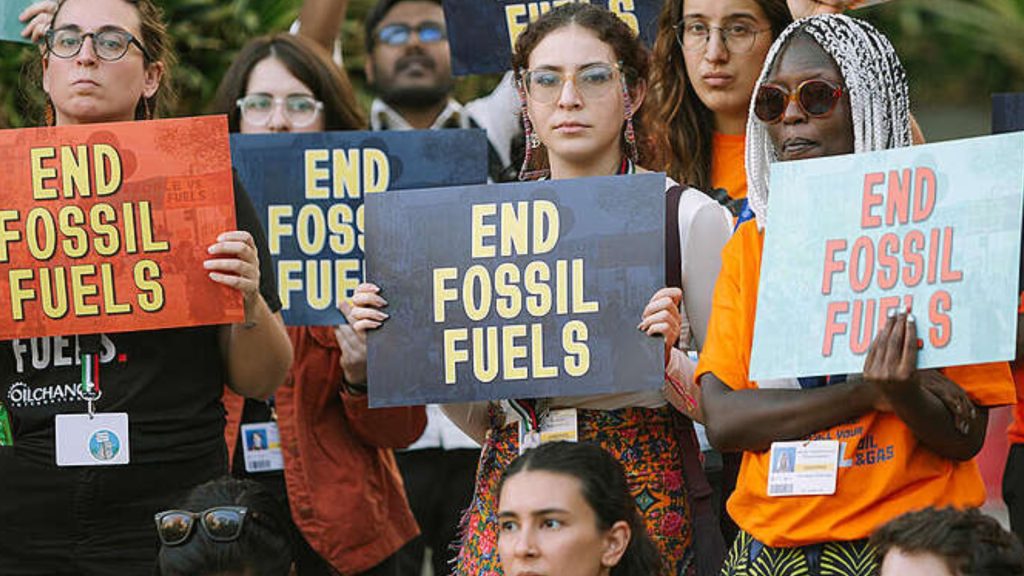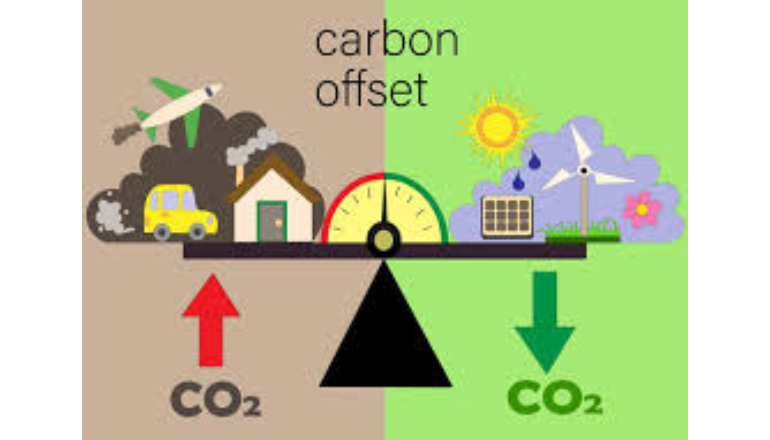A quarter of humanity is forced into sacrifice zones by fossil fuel toxins.
The air in Mariana’s village always tasted of metal and smoke. It wasn’t the smell of a changing season; it was the omnipresent haze of an industrial plant, a sprawling node in the world’s vast network of fossil fuel infrastructure. Mariana’s village, like countless others globally, is a “fenceline community”—a place deemed expendable, a designated ‘sacrifice zone’ in the global pursuit of energy profits.
A groundbreaking report from Amnesty International and the Better Planet Laboratory, “Extraction Extinction: Why the lifecycle of fossil fuels threatens life, nature, and human rights,” has mapped the true scale of this environmental injustice, confirming Mariana’s experience is shared by billions. The central and shocking finding is that fossil fuel infrastructure poses grave risks to the health and livelihoods of at least 2 billion people globally, a figure representing approximately one quarter of the world’s population.
The human cost, mapped:
The report meticulously mapped the proximity of populations to over 18,000 operating fossil fuel infrastructure sites across 170 countries. The analysis reveals that these risks are not uniformly distributed but are concentrated in specific, highly vulnerable communities. The danger decreases marginally with distance, but the findings remain stark: a staggering 463 million people live within just 1 kilometer of these extraction, processing, or transportation sites, facing the highest concentration of toxic pollutants.
The numbers are particularly alarming for the next generation. The study found that over 520 million people exposed within a 5-kilometer radius are children. These young populations, with developing metabolisms and immune systems, endure heightened risks of severe health outcomes. The report directly links proximity to coal, oil, and gas infrastructure to elevated risks of serious illness, including cancer, cardiovascular illness, and adverse reproductive outcomes.
This existing danger is set to worsen. According to the research, there are currently more than 3,500 new fossil fuel infrastructure projects either proposed or under construction worldwide. If these projects proceed, they threaten to place at least 135 million additional people in the hazardous exposure zone, further expanding the global network of sacrifice zones.
Extinction and injustice:
The report contends that the industry’s harms go far beyond air and water pollution; they are fundamentally a human rights crisis. The full lifecycle of fossil fuels—from the initial land grab and exploration to processing and decommissioning—is shown to destroy irreplaceable natural ecosystems and undermine fundamental human rights, including the rights to health, life, and culture.
Indigenous communities bear a disproportionate burden of this injustice. Tsakë ze’ Sleydo’ (Molly Wickham), a Wet’suwet’en land defender, described the emotional and physical toll of this constant battle, telling researchers, “We’re experiencing intergenerational battle fatigue. We physically won’t survive this.”
The report details how corporate actors and states rely on intimidation, coercion, and legal abuse (lawfare) to silence and delegitimize these defenders who are simply trying to protect their traditional ways of life and the ecosystems they inhabit.
A global call to end the fuel age:
The conclusion drawn by the authors is unequivocal: the ever-expanding industry poses an existential threat. Agnès Callamard, the Secretary General of Amnesty International, delivered a powerful statement on the report’s findings: “The ever-expanding fossil fuel industry is endangering billions of lives and irreversibly altering the climate system. The age of fossil fuels must end now.”
The urgency is compounded by the hypocrisy exposed in the transition process. Ginni Braich, a senior data scientist at Better Planet Laboratory, highlighted the contradictory actions of global leaders: “Governments have pledged to phase out fossil fuels, but we now have clear evidence showing new fossil fuel projects continue to expand preferentially in our most critical ecosystems globally. This is a direct contradiction with stated climate goals.”
The study provides clear evidence that the continued expansion is occurring at the expense of both the planet’s most critical biodiversity hotspots and the human rights of its most marginalized citizens. The report is an urgent call for states and corporate actors to ‘defossilize’ the global economy immediately to mitigate catastrophic impacts.
The 2 billion people currently living in the shadow of this infrastructure demand more than political pledges; they require a rapid, fair, and fully funded transition away from the fuels that are poisoning their air, destroying their livelihoods, and threatening their right to a healthy life.












